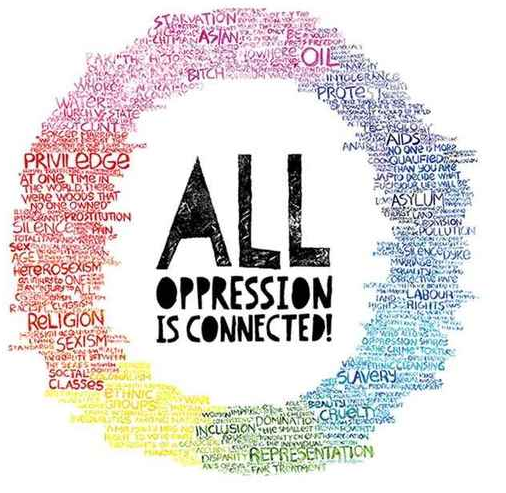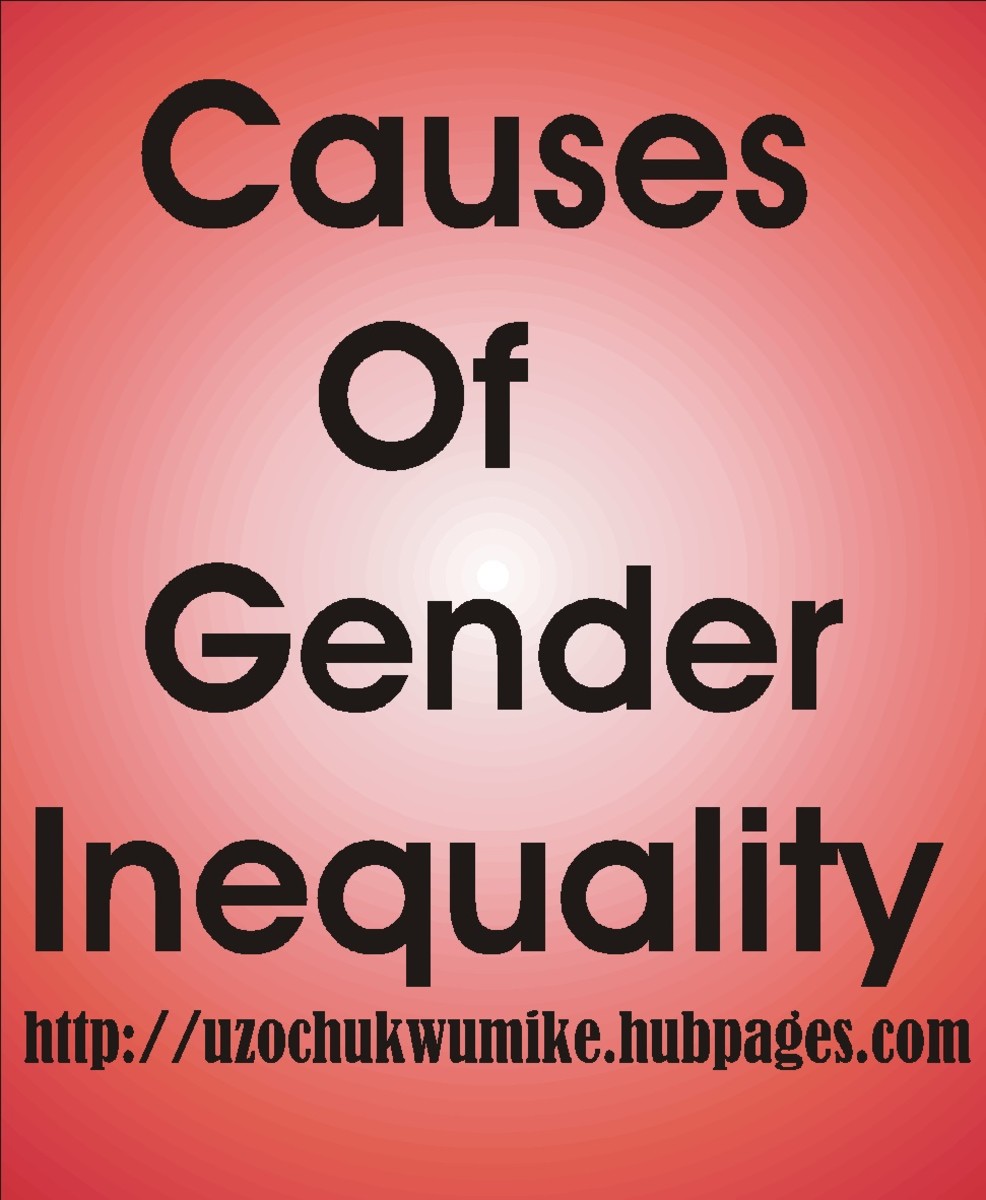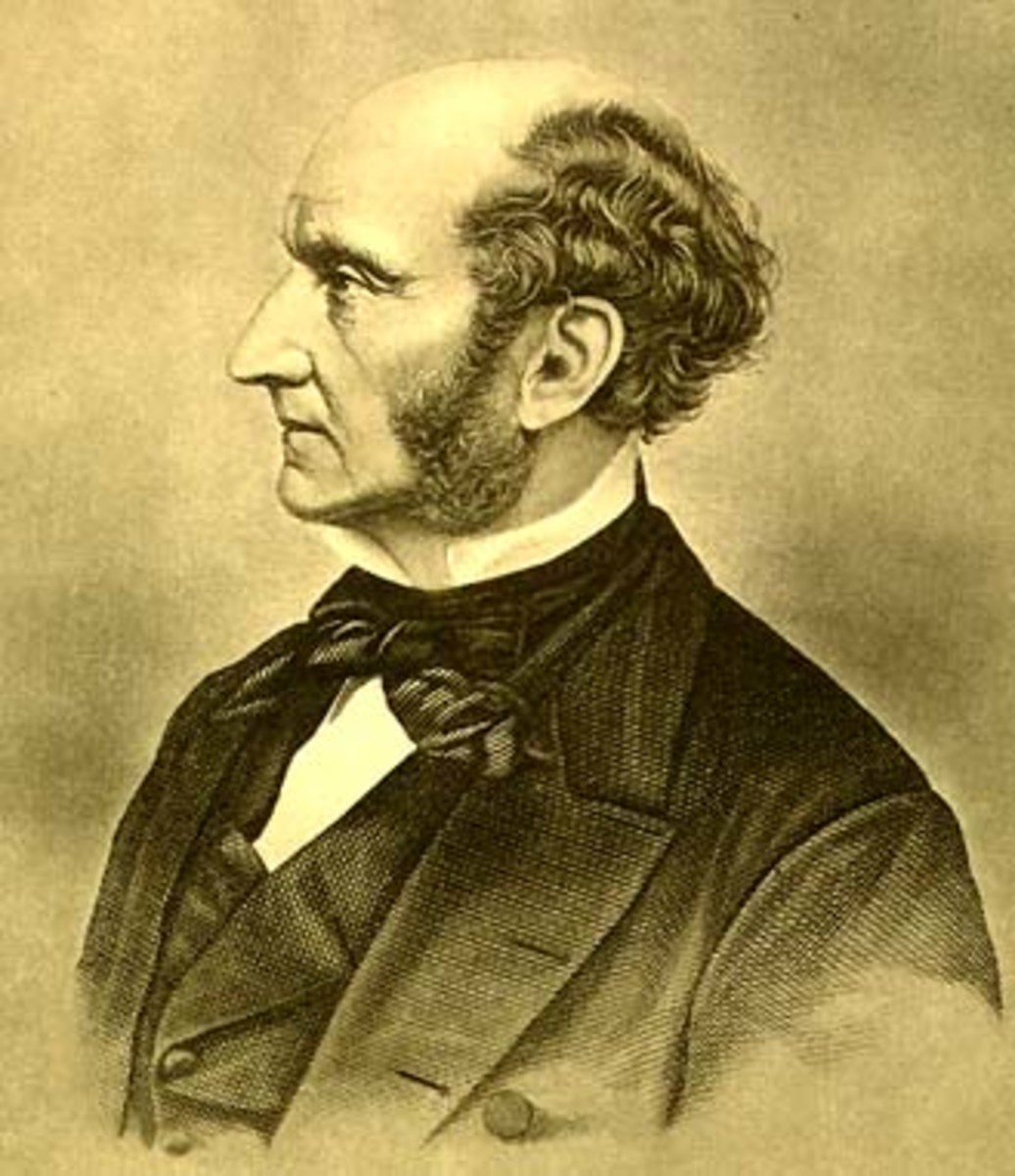What is Intersectionality?

What is it?
Intersectionality is a way of looking through a lens, allowing us to view aspects of the world through the eyes and interpretations of others. It is reducing intolerance; it is pledging the insight of fellow human beings.
Below is an insightful video to help better comprehend what exactly it is.
Does it indicate progression?
Imagine living in a world where divisions of mankind were nonexistent—where class, gender, sexuality and race merely defined a person. Or if they did, their intertwining elements were understood to a much higher degree. This is the world many feminists desire to live in, and by implementing intersectionality, this very concept can be effectuated. However, in order to define intersectionality, we must first look at common limiting and historically implemented ideals such as binary thinking and abandon them to certain extents. Binary thinking, often stemmed from traditional observations and ideals of the world, relates terms that are opposite in definition; it relates them in ways that are not only devising, but also limiting. Binary analysis becomes limiting when intersectionality is introduced. Author of “Feminisms Matter,” Victoria L. Bromley illustrates the intersecting views on women drawn from various aspects of life, and showcases how intersectionality ultimately affects the existence of each woman in the world today through demeanors of power, as well as designated identity.
Restriction comes into play when focusing on the different categories that exist within society; it is directly and negatively correlated with binary thinking. As binary thinking becomes more confined, there is an increase in limitation and restriction. These views have been long used, and unless intersectionality comes into play they remain limiting. Intersectionality allows us to see that multiple identities exist not only locally, but rather globally. It permits moral inclination, enabling us to view the world with a more open mind. Living in a Westernized world, Bromley states that “we are all, to some extent and in different ways, sexist, racist, classist, heterosexist, ableist, and ageist because of the social, economic, and political environments in which we have been socialized.” In order to rid of common binary thinking however, intersectionality is introduced. Intersectionality “allows us to think about multiple identities and how they can be interconnected in complex ways.” For instance, instead of dividing ourselves among the two sexes ultimately placing masculine and feminine characteristics on one another accordingly, intersectionality, according to Bromley, “recognizes that multiplicity and diversity of experiences and social locations, or positionalities, is central to analysis.” In addition, it is better known as the idea of interlocking systems of oppression that are experienced concurrently with one another.
Domination often comes to mind when thinking of power. Binary conclusions would suggest that one is either powerful or powerless, and that privilege is subliminally intertwined. Intersectionality however, is vital to limit these very restrictions between the powerful and the powerless; it is essential to look at people from all angles in order to fully comprehend their situation. Bromley uses the analogy of a pie to describe our narrow thinking concerning power, “we think of power as the way a pie is carved up and divided: the bigger the slice, the more power one has. The winners are those with more power, and the losers are those with less.” She states that although we view this concept of power inadequately, shared views on it result in empowerment. The idea of empowerment is “collective, expansive, and beneficial rather than merely satisfying for the individual.” Feminists have tried, for years, to rid of binary thinking, as it results in a homogenizing process. The same concept is similar to that of power; privilege is handed to those with more power than those with less, because backwards ideals of dominance race through one’s mind when the term power strikes. Empowerment ultimately works towards eliminating these backwards ideals by emphasizing that there is much more than zero-sum; it involves knowledge, respect, support, optimism, sharing, confidence and access.
Intersectionality is a recent concept that urges the elimination of narrow thinking. Narrow thinking however, is driven from historical commonality and views of the world; it involves terms such as binary thinking which limit the differing identities that exist. For instance, it defines a person based on two characteristics that oppose each other, but are related—defining a person based on whether they are black or white, for example, or whether they hold power or not. There are so many more identities and attributes that a person embodies, which is the exact definition of intersectionality: defining a person based on more than one characteristic and facet of life. We can try to eliminate these intolerant ways of thinking as much possible, however if only one part of the world becomes accepting, does it even indicate progression?









